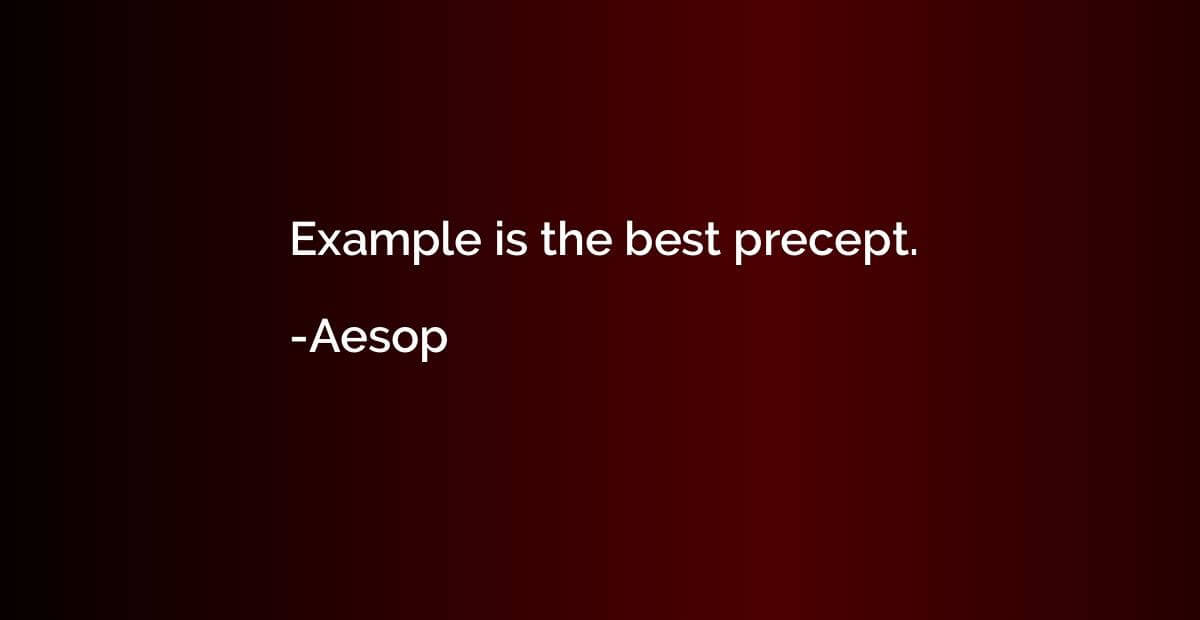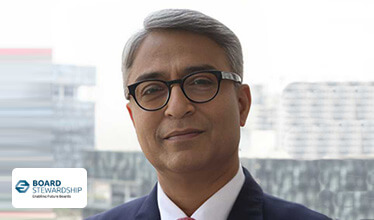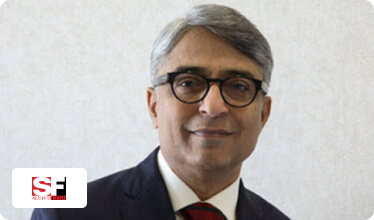How leadership behaviour is entwined with your corporate brand.
Over the last few weeks, we have been exposed to a flurry of news items showing the maverick founder of Tesla Elon Musk smoking marijuana on a live show hosted by comedian Joe Rogan. Musk is no stranger to controversies, this being the latest. From late night tweets about almost missing his brother’s wedding due to an “excruciating” year at Tesla to announcing that he wants to take his company private on social media, without even consulting the board members, the image of the young entrepreneur who dreamt of a cleaner world using alternate energy seems to be becoming hazier by the day. Many have started betting that the company’s future will be derailed because of the founder’s disoriented behaviour.
The reactions to the recent and latest acts of the Tesla founder have been varied – the voices of condemnation being dominant but others that of support and justification for his behaviour not being unheard of. As the board members requested Musk to stop tweeting, Arianna Huffington got into a twitter debate with him where she advised him to sleep better and take care of his health.
Let’s not comment on the merits or demerits of such actions. Instead let’s examine the effect of such acts on the morale of the company and its stakeholders, particularly its employees. Employees are critical to the success of any company’s vision, irrespective of how dreamy or hard working an entrepreneur maybe as an individual. Two senior Tesla employees who joined recently quit; one clearly stating that the unnecessary media attention was hampering his work. On the other hand, Gwynne Shotwell, CEO of SpaceX, a group company, showed support and said Musk is as capable as ever.

What is important to note is the amount of diversion of energy and de-focus that happens when such events repeatedly hit a company. Specific to Tesla, even if we were to ignore the perception issues that have dogged the company due to its founder’s run-ins with the media, the company has missed production deadlines, faced product issues with customers and is running late on few of its projects. In such a scenario, should the founder, board members and leadership team get embroiled in creating unnecessary controversies or should they put their heads together to solve real issues facing their company?
A founder, entrepreneur or start-up needs to evolve with time, as is in the case of us humans. A five-year-old child’s prank will be accepted with love and affection, while the same prank pulled by a twenty-five-year-old will be seen as needing rebuke or considered to be bordering on the lines of mental delirium. An organisation and its leader need to behave in a mature and measured fashion as they progress from a small start-up with great ideas that could change the world, to a scalable business model where stakeholder accountability (be it customers, shareholders, employees or society.) needs to be addressed in a transparent, predictable and collaborative manner.
Leadership studies have often tried to examine the myth that large organisations aren’t conducive to the innovation culture? I believe, innovation, disruption, fresh thinking and youthfulness should not be confused with indiscipline or incompatible public behaviour. Leaders should be aware that their conduct reflects on their companies and brands. I would like to demonstrate this view with the help of two examples of equally maverick, respected and admired business leaders. Their conduct, even at times they are considered to be quirky, has been in line with their corporate brand’s positioning.
Virgin Group founder Richard Branson is known to do things that initially seem to be bold and unconventional, but his every action is thought out step in further establishing his brand. From appearing naked for the launch of Virgin mobile in USA to performing Bhangra (an Indian–Punjabi dance form) during the launch of the airline in India, even his impromptu acts seem to be well-coordinated with the organisational brand promise. In case you are still wondering, the naked act was to send a message to US competition and customers that Virgin mobile is transparent and has nothing to hide in terms of pricing and tariffs.
Similarly, Anand Mahindra, the charismatic chairman of automotive giant Mahindra & Mahindra, is one of the most active and prolific leaders on Twitter. However, even with the worst provocation, his replies and demeanour remain respectful (and never confrontationist). Anand’s tweets often share examples of bravery of common people who have overcome various hardships. It is in line with the company’s philosophy of “Rise” and he is further seen appreciating such acts with gifts that are new product launches of his company; imagine the publicity the product gets from such noble acts!

It is important that the boardrooms and leadership teams, including founders, are able to create a balance and semblance in their individual conduct that is in sync with the corporate brand. The entire team looks up to the leader of the organisation. No stretch of imagination can absolve such conduct and no amount of talent can justify such erraticism.
Certain discussion forums and statements from employees and followers have justified Musk’s behaviour, stating that analysts and media are not able to comprehend the capability of their leader. Smoking pot is legal in the USA state where this show was hosted. The more important question to answer is that when talent, passion or individual brilliance dwarfs an organisation, does it really help in the long run?
Should a leader indulge in such acts in public or media platforms, when the whole world is watching Musk’s action closely? With just about 19% ownership in Tesla, where is Musk’s sense of responsibility and accountability towards other investors, who saw the stock tank as the news went viral?
As Mahindra mentioned in his tweet, rarely does the world see a great innovator and green evangelist such as Musk. Ensuring his personal conduct doesn’t cast a shadow on his company and its stakeholders is critical for making Musk’s dream and Tesla a success. Like musician Usher said, “Strivers achieved what dreamers believe,” – a fine balance is the key to successfully scale up the founder’s vision into a sustainable and robust organisation.











